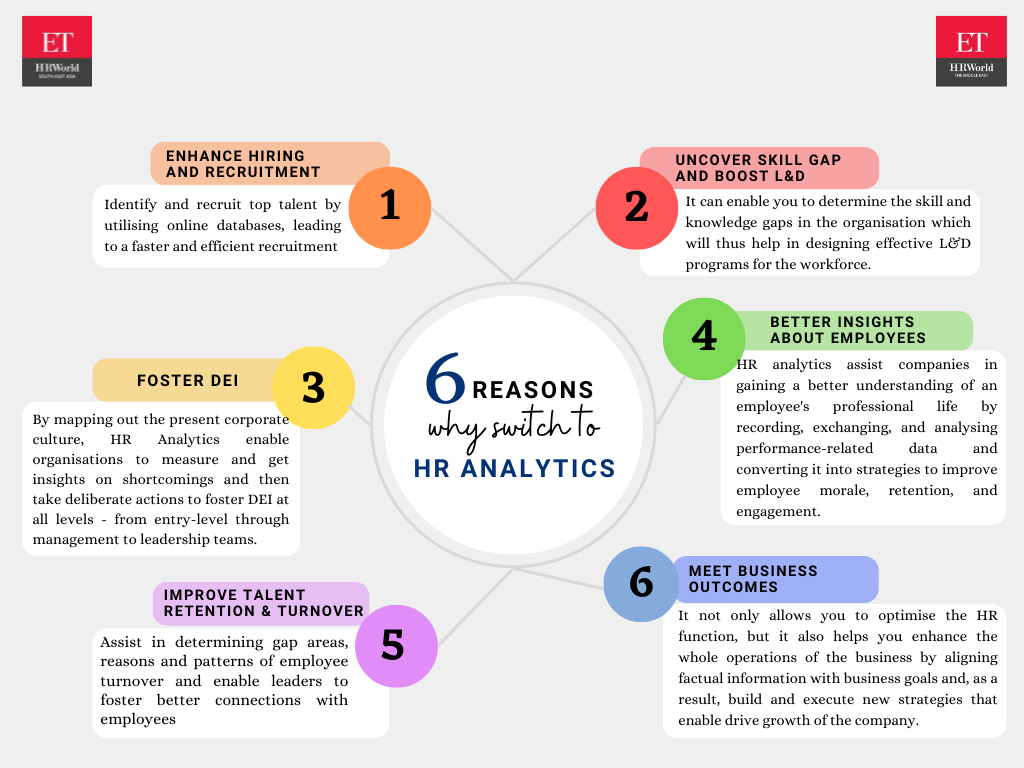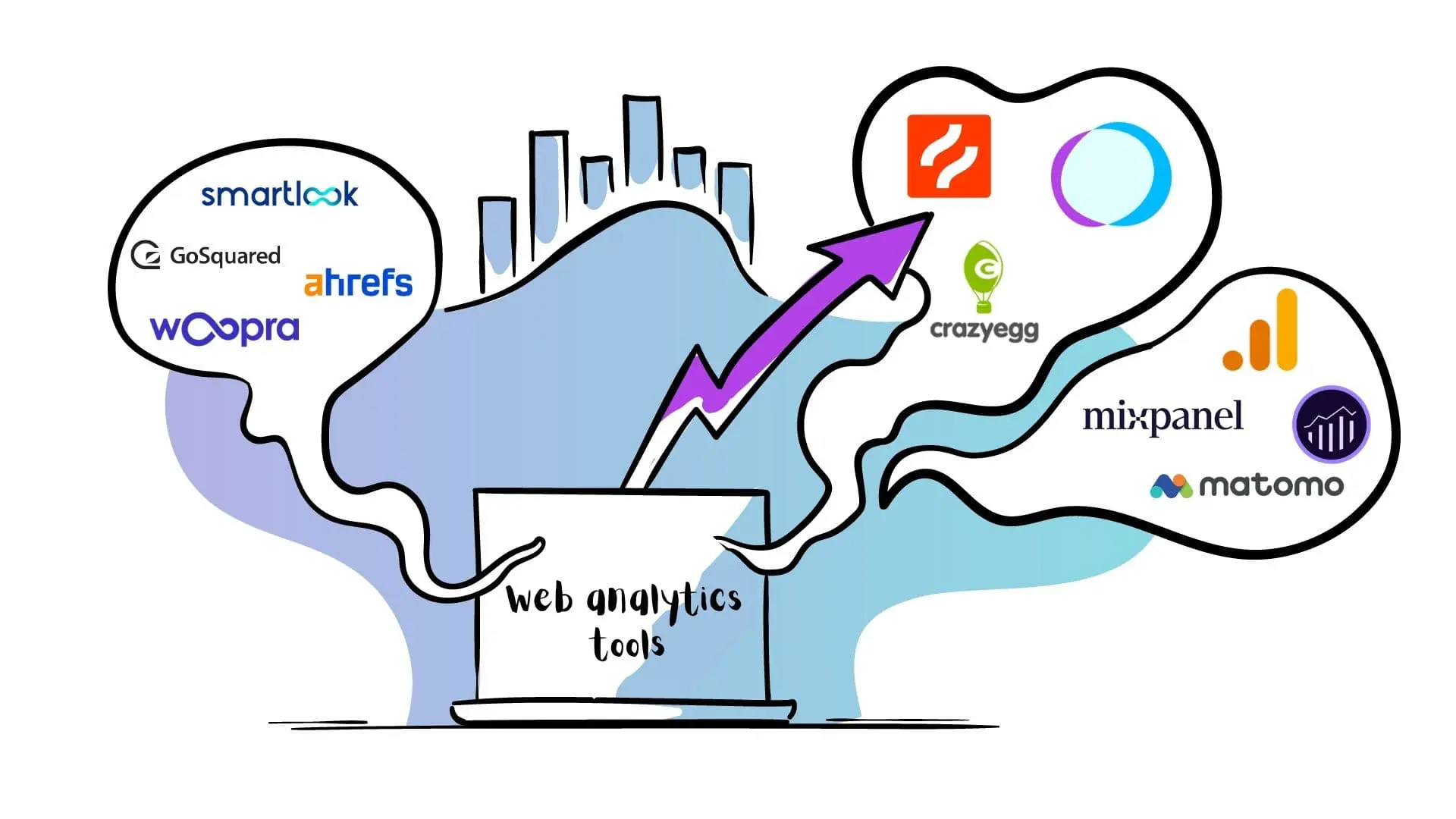Gain Competitive Edge With Effective Analytics Release
Increase Performance and Earnings Via Information Analytics
In today's data-driven landscape, businesses are increasingly acknowledging the essential role of information analytics in boosting functional efficiency and productivity. By systematically analyzing information, companies can discover essential understandings that inform tactical choices, streamline procedures, and tailor client experiences (Analytics). The difficulty lies not just in the application of these analytical devices but likewise in comprehending how to translate data into actionable results. As we explore the subtleties of efficient data-driven strategies, the ramifications for both temporary gains and lasting success become increasingly clear. What might these understandings expose for your organization?
Understanding Data Analytics
In today's data-driven landscape, understanding information analytics is necessary for organizations intending to improve operational effectiveness and drive productivity. Data analytics involves the methodical computational analysis of information collections to uncover patterns, connections, and understandings that educate decision-making. By utilizing various methods, such as statistical evaluation, maker knowing, and anticipating modeling, companies can transform raw data into actionable knowledge.
The process typically starts with information collection, where appropriate information is collected from multiple sources, including transactional data sources, customer communications, and market trends. This data is then cleansed and organized to guarantee precision and uniformity. As soon as the data is prepared, analytical tools and software application are used to explore and envision the info, making it possible for stakeholders to recognize fads and anomalies.
Eventually, understanding information analytics encourages companies to make educated decisions based upon empirical evidence as opposed to intuition. It assists in targeted approaches that can enhance resource allocation, enhance customer complete satisfaction, and enhance total efficiency. As organizations significantly identify the worth of data-driven understandings, a strong grip of data analytics ends up being an important expertise for leaders and teams alike, positioning them for sustained success in a competitive environment.

Key Benefits for Organizations
Services that leverage data analytics can open a plethora of advantages that considerably boost their procedures and earnings. Among the key benefits is improved decision-making. Data analytics provides workable insights stemmed from real-time information, permitting companies to make enlightened options that align with market needs and consumer preferences.

In addition, information analytics cultivates boosted customer experiences. By recognizing client behaviors and preferences, organizations can customize their offerings, causing raised contentment and commitment. This individualized approach frequently results in higher conversion prices and repeat business.
Additionally, information analytics allows services to recognize arising possibilities and fads. By remaining ahead of the contour, companies can take advantage of brand-new markets and innovations before their competitors.
Implementing Data-Driven Techniques
Effective execution of data-driven techniques calls for a comprehensive understanding of both organizational goals and readily available data see resources. Organizations has to first specify their purposes plainly, ensuring alignment between data initiatives and tactical aims. This clarity makes it possible for teams to focus on relevant metrics and understandings that drive decision-making.
Following, organizations must examine their existing information infrastructure. This includes assessing data top quality, access, and integration capacities. Top quality data is necessary for precise analysis, as poor data can result in misdirected approaches and thrown away sources. Organizations has to develop processes for information collection, cleansing, and monitoring to preserve information integrity.
In addition, promoting a data-driven culture is important. Employees in any way levels need to be encouraged to utilize data in their day-to-day operations. Training programs and workshops can improve information literacy, equipping team to make educated choices based upon logical understandings.
Devices and Technologies Review
A durable collection of technologies and devices is necessary for companies aiming to harness the complete capacity of data analytics. These devices assist in the collection, handling, and visualization of information, allowing businesses to acquire actionable insights.
At the fundamental level, information administration platforms such as SQL data sources and NoSQL systems supply efficient data storage and access capacities. For data processing and evaluation, programming languages like Python and R, together with structures such as Apache Flicker, enable complicated computations and artificial intelligence applications.
Visualization tools, consisting of Tableau and Power BI, change raw information into instinctive visual formats, making insights obtainable to stakeholders whatsoever degrees. Furthermore, cloud-based systems like Google Cloud and AWS use scalable storage and processing solutions, accommodating the growing quantities of information companies come across.
For advanced analytics, anticipating modeling and AI-driven services are increasingly taken on, allowing business to forecast patterns and boost decision-making processes. Integrating these devices into existing workflows is critical; organizations that effectively leverage this innovation can dramatically boost operational efficiency and drive success. Thus, investing in the right tools and innovations is a critical crucial for any data-driven company.
Case Studies of Success
Leveraging data analytics has actually led numerous organizations to accomplish amazing enhancements in efficiency and success. One notable instance is a large retail chain that applied anticipating analytics to optimize supply monitoring. By evaluating historic sales information and consumer patterns, the firm lowered excess stock by 30%, leading to considerable expense financial savings and boosted cash flow.
Another instance can be found in the production market, where visit this web-site a leading automobile maker used data analytics to enhance its manufacturing procedures. By monitoring device performance in real-time, the organization recognized traffic jams and ineffectiveness, causing a 20% increase in overall tools performance (OEE) This not just boosted production rates yet additionally lessened downtime and maintenance costs.

These study show how data analytics can drive critical decision-making, maximize processes, and eventually enhance both performance and profitability across different fields.
Final Thought
In verdict, the combination of information analytics right into business procedures presents considerable possibilities for improving effectiveness and earnings. By systematically examining information, companies can recognize inadequacies, optimize client experiences, and make informed decisions.
In today's data-driven landscape, comprehending data analytics is essential for organizations aiming to improve functional efficiency and drive profitability. Information analytics includes the methodical computational analysis of information collections to discover patterns, connections, and understandings that educate decision-making. Data analytics offers workable insights derived from real-time information, enabling businesses to make educated choices that straighten with market needs and consumer preferences.
Top quality information is essential for exact evaluation, as poor information can lead to illinformed approaches and wasted resources. Organizations must establish processes for data collection, cleaning, and administration to preserve data honesty.